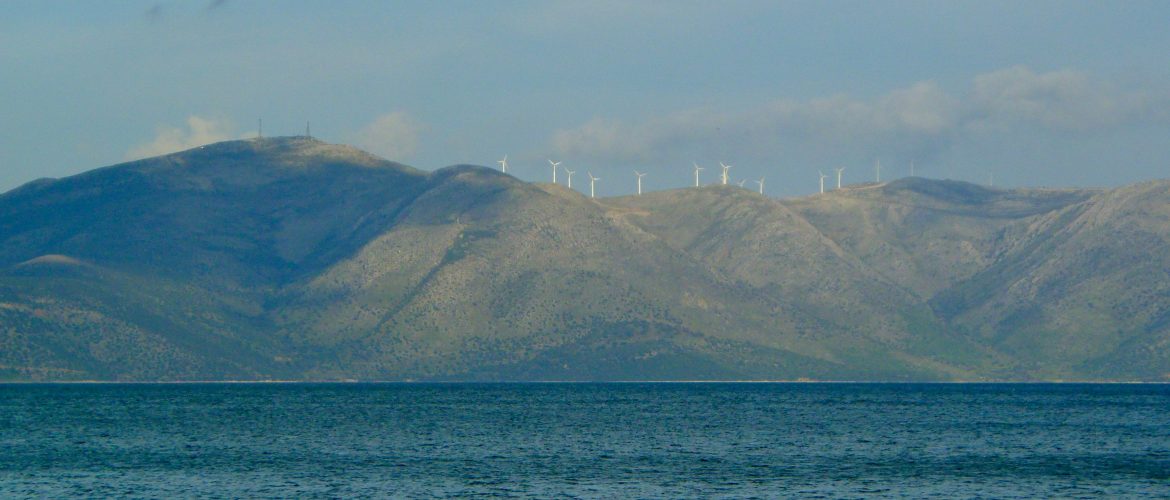The high share of renewables led to record zero and near-zero electricity prices (<1 EUR/MWh) on the Greek Energy Exchange in the first quarter of 2024.
Commenting on this development in a related report by K. Voutsadakis for the Athenian-Macedonian News Agency, Nikos Mantzaris stressed the significance of renewables in reducing electricity costs.
Specifically, in the first quarter of 2024 Greece had 33 hours of zero or almost zero (below €1/MWh) electricity prices, of which 31 hours were in March.
During these 33 hours of zero or near-zero electricity prices, the average share of renewables (wind and PV) in the total electricity production of the interconnected grid was 82.2%, with a range between 77.9% and 87.5%.
In fact, March was the month with the most hours of zero electricity price since January 2023, while on 24 March – during the high photovoltaic production – the price was zero for six consecutive hours.
Thus, as noted in the report by AMNA, consumers benefit indirectly, as the retail prices for large categories of electricity tariffs are derived from the monthly price average on the Energy Exchange.
On the other hand, this development also has negative consequences for RES producers and RES plants participating directly in the market, which suffer production cuts or have no revenues respectively during the periods when prices are zero.
“It is now clear that the penetration of renewables not only contributes to tackling the climate crisis, but also to reducing electricity costs for everyone. The expedited development of grids and electricity storage infrastructure is crucial to avoid renewables’ generation rejections and to further penetration of cheaper electricity production technologies”, Nikos Mantzaris told AMNA.
You can read the full article titled “Renewables and good weather help contain energy tariffs – Record zero prices in Q1 on the Energy Exchange” here in Greek.



